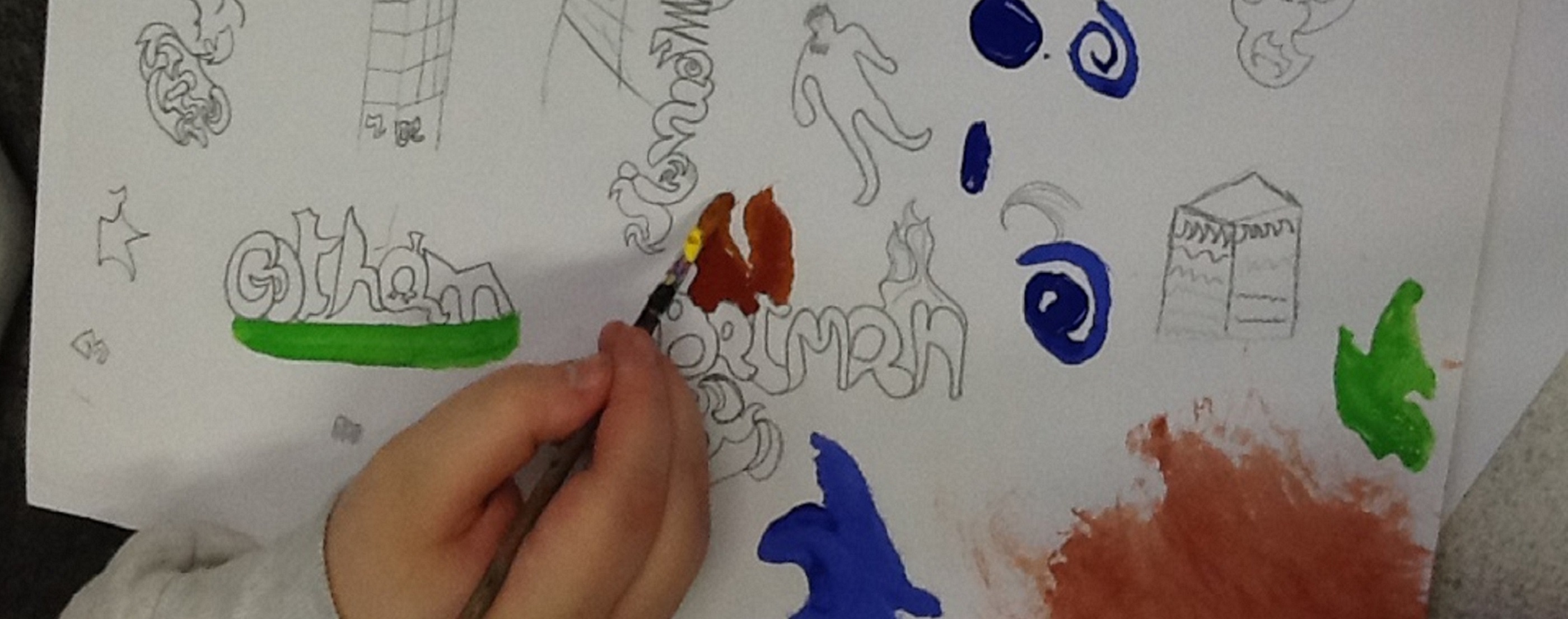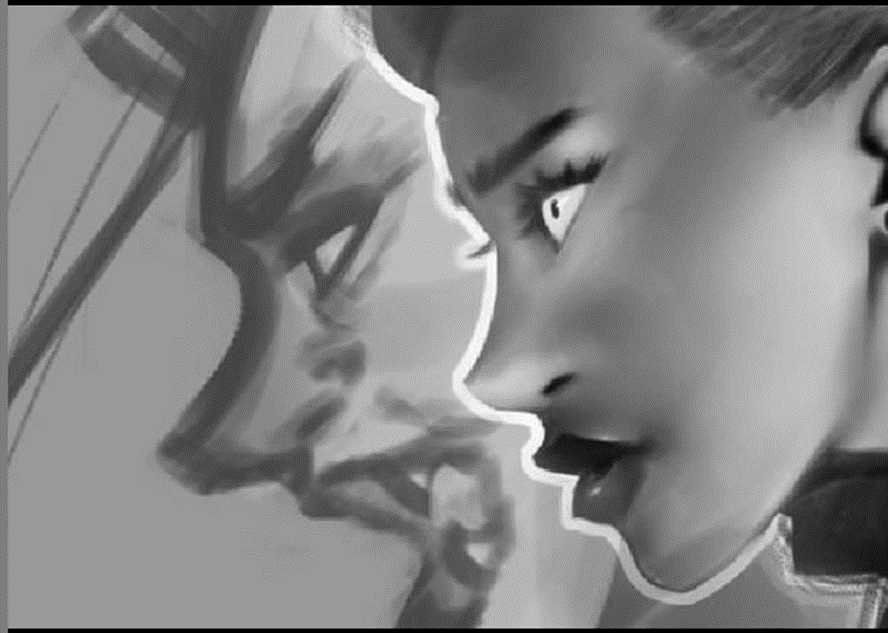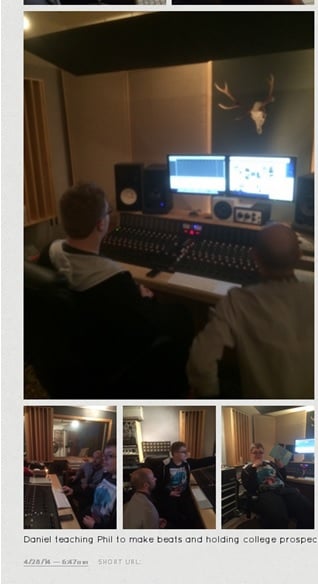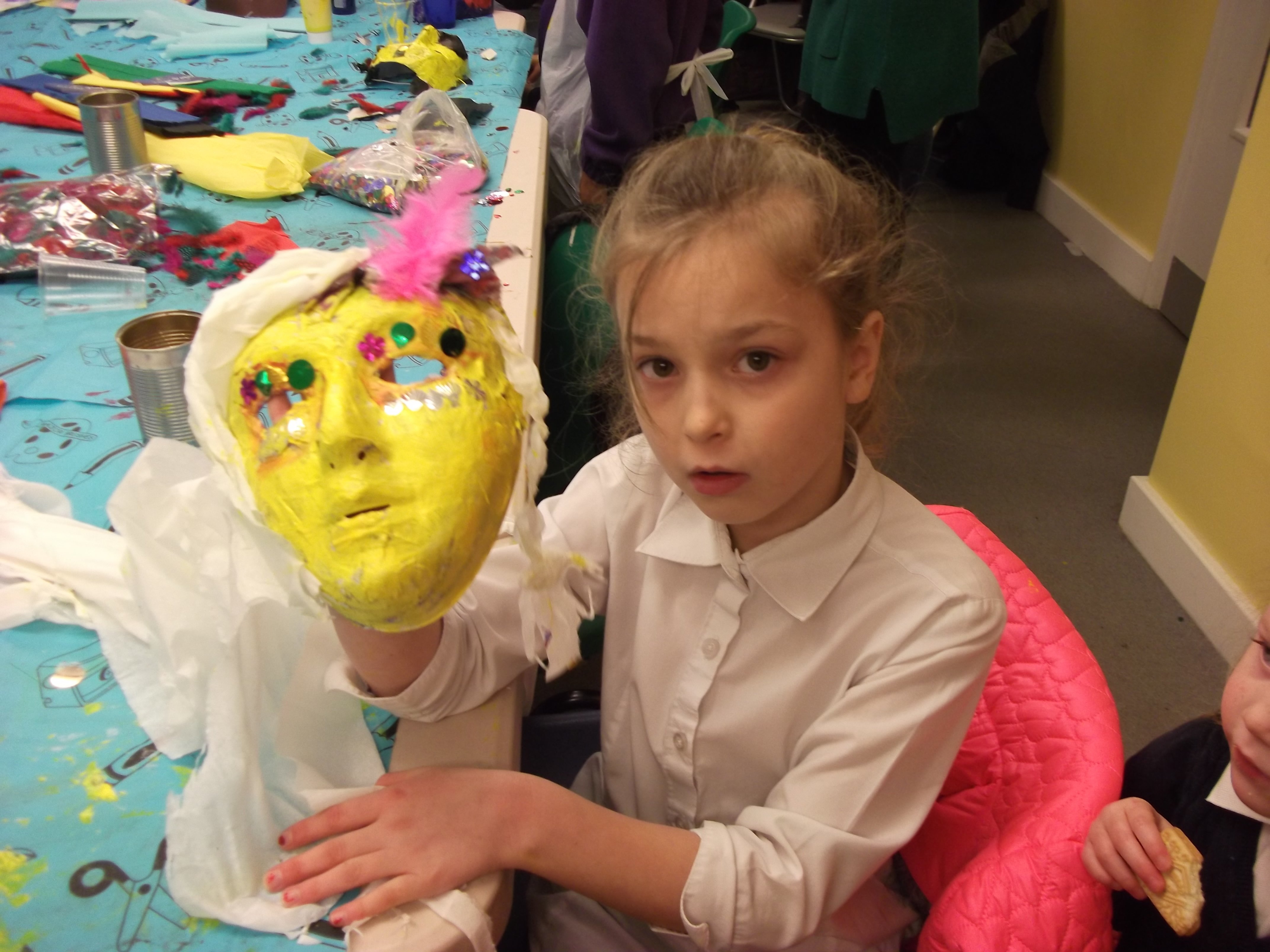
The challenges of remote delivery to SEND students during lockdown
BY: Guest Writer
20 Sep 2021
The challenges of remote teaching have been well-documented over the last 18 months. However, this was never truer than for those delivering to young people with SEND. Whilst we hope the challenges of the months-long lockdowns are behind us, Michael Westgarth from Queenswood Education Centre share his experiences of delivering Arts Award in this setting through the pandemic with us.
Queenswood Education Centre is part of Medical Needs Teaching Service in Leeds. We are a small education setting for Key Stage 4 young people to whom we offer educational support whilst they are unable to access their mainstream education due to medical or mental health needs. Queenswood provides education in core subjects (Maths, English, Science) only but, where appropriate for some students, we complement this with enrichment sessions and the opportunity to work towards their Arts Award, which we find significantly boosts student confidence, self-esteem and outcomes. Staff build strong relationships with students and they, in turn, are able to build highly personalised Arts Award portfolios in line with their own interests and abilities.
Queenswood has been named a Trinity Champion Centre for two consecutive years.
I'd been delivering Bronze Arts Award to Queenswood students for about two years when the centre closed for the nation's first lockdown. All students' portfolios were physical scrapbooks; none of my students have ever received education remotely and I had never delivered Arts Award remotely. Trapped in my house with my students' scrapbooks, my first job was to get my bearings in the new digital landscape and look at my options.
I started with this useful Arts Award resource on digital portfolios and chose to use digital scrapbook tool, Microsoft OneNote. I spent hours watching OneNote how-to guides, taking photos of every page of every student's scrapbook and organising them; tedious, yes, but I then had individualised digital scrapbooks for each student containing all their previous work plus structures and placeholders for future work. Now I just had to get my students on board.
Reconnecting with students
Communication was difficult with some students for a host of different reasons. At first, I sent supportive emails to students and parents explaining what was happening and that we'd make it work. Later, I sent links to their digital scrapbooks and asked them to tinker with them. Then I set simple art tasks which they were to take photos of and import into their digital scrapbooks. But student engagement was variable, sometimes poor, in no small part due to their exacerbated Social, Emotional and Mental Health (SEMH) issues during lockdown, in addition to problems with technology.
Another option was online sessions. However, some of the particular students I worked with are selectively mute and many reluctant to show their faces on camera; some were also too anxious to use text chat. In some instances, some were already struggling with their everyday online learning for core subjects and I was hesitant to subject them to more.
Setting expectations: keeping things informal
I decided on weekly informal half-hour drop-in sessions. Expectations were clear - students didn't have to have their cameras on or interact with me or each other - and I sent the week's art tasks in advance, including the rationale behind them in relation to Arts Award evidence gathering. Finally, I started the session and went through the tasks myself as if I were a student, sharing my screen to show them everything I was doing and everything I expected of them. They then had the rest of the week to work through the tasks at their own pace. But the secret ingredient was to chat through the silence about films or video games or whatever else came to mind; to make them feel part of the conversation even if they weren't contributing. I wasn't easy but we made it work. The final challenge was the new online moderation plus the lockdown-specific extenuating circumstance forms. Thanks to support from the Trinity team, the admin got sorted, my students achieved their Awards and they left Queenswood with Arts Award qualifications - they deserved them!
Strong relationships first
I learnt a lot shifting Arts Award from physical to digital. The whole affair was an exercise in problem-solving and the digital skills I picked up have already been useful with Arts Award and beyond. It was also a testament to Arts Award's flexibility that it still worked for our setting, despite such peculiar circumstances. But most of all, I realised the value and role of strong, trusting relationships with our young people in helping them feel more at ease during an immensely challenging time; letting them know "Hey, you don't need to worry - we're on top of things", even if sometimes we were pretending.
Related posts
BY: Guest Writer




Comments & Replies